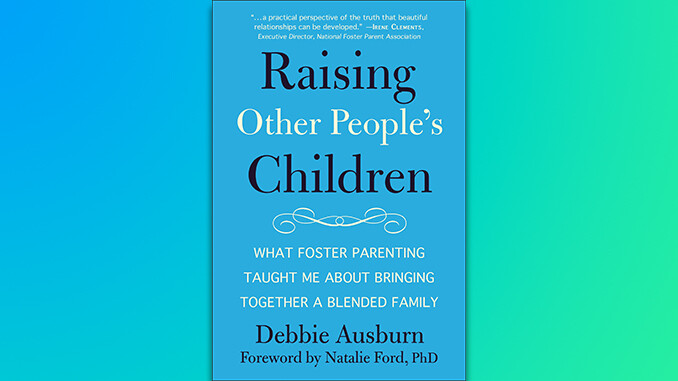
Some potentially life-changing tips for a foster child or foster family
Published: June 2, 2022
By: Debbie Ausburn
Below are some ways you can help a foster child short of parenting them. Some contributions don’t take much time, while others require building relationships. Any of them, however, can be a life-changing contribution to a foster child or foster family.
1. Be Part of the Safety Net. Foster parents face a lot of challenges including raising children who have suffered trauma, and we aren’t good at asking for help. If you know of a foster family in your church or neighborhood, simply ask them how you can help. They may need you to pick up prescriptions or help with a school project. Any number of small gestures can be a huge help to a foster child or family.
2. Be a Sounding Board. Sometimes, foster parents just need someone to talk to. Parenting any child can be challenging, and we will make lots of mistakes. We often need a nonjudgmental friend who will just let us vent. Even if you don’t have practical advice, it helps us to know that we have friends who care enough to listen.
3. Be a Practical Resource. Stipends never cover everything, but instead of giving money, which I don’t recommend, think about practical gestures such as gift certificates. Mental health resources are particularly hard to find and pay for, so perhaps you can mobilize your group or civic organization to fund a scholarship with a good therapist or clinic. Foster kids and families may need help throughout the year with birthdays, school supplies, extracurricular activities, or summer camps. Many small gifts can help a child in a tangible way.
4. Be a Mentor. Multiple studies show that one of the best ways to help a child who has suffered trauma is to become a mentor. These children particularly need to have trusted adults in their lives who can offer advice and help them through challenges. There are many mentoring organizations who can use your help. Expect to be thoroughly vetted and monitored. Mentoring also is a good option for helping children who have aged out of the system.
5. Become a Respite Home. Although different agencies call them by different names, respite care is exactly what it says — a temporary respite for the child and the family. Like most things, the process differs among agencies. Some have a less onerous process for dedicated placements, while others require full licensing. It is worth considering, however, if you want to be able to offer tangible help to a particular foster family.
Foster care is a challenging journey that takes a lot of a family’s resources. Not all of us are called to take on that responsibility at any point in time. But if we can provide care to the caregivers, we can become part of a meaningful network that is essential for a functioning foster care system.
About the Author
Debbie Ausburn is a social worker, foster parent, criminal prosecutor, and civil trial attorney. That background has given her unique insights into defending childcare centers, camps, schools, and mentoring organizations. She has volunteered with and defended youth-serving organizations throughout the United States in matters as diverse as personal injury cases, intrusive government regulations, libel and slander issues, and claims of sexual abuse. She blogs about legal topics at youthserviceslaw.com, and parenting issues at otherpeopleschildren.org. She is based in Atlanta, GA.
Raising Other People’s Children
Written by Debbie Ausburn
Foreword by Natalie Ford, PhD
978-1-57826-899-3, $15.00 paperback
978-1-57826-900-6, $9.99 ebook
